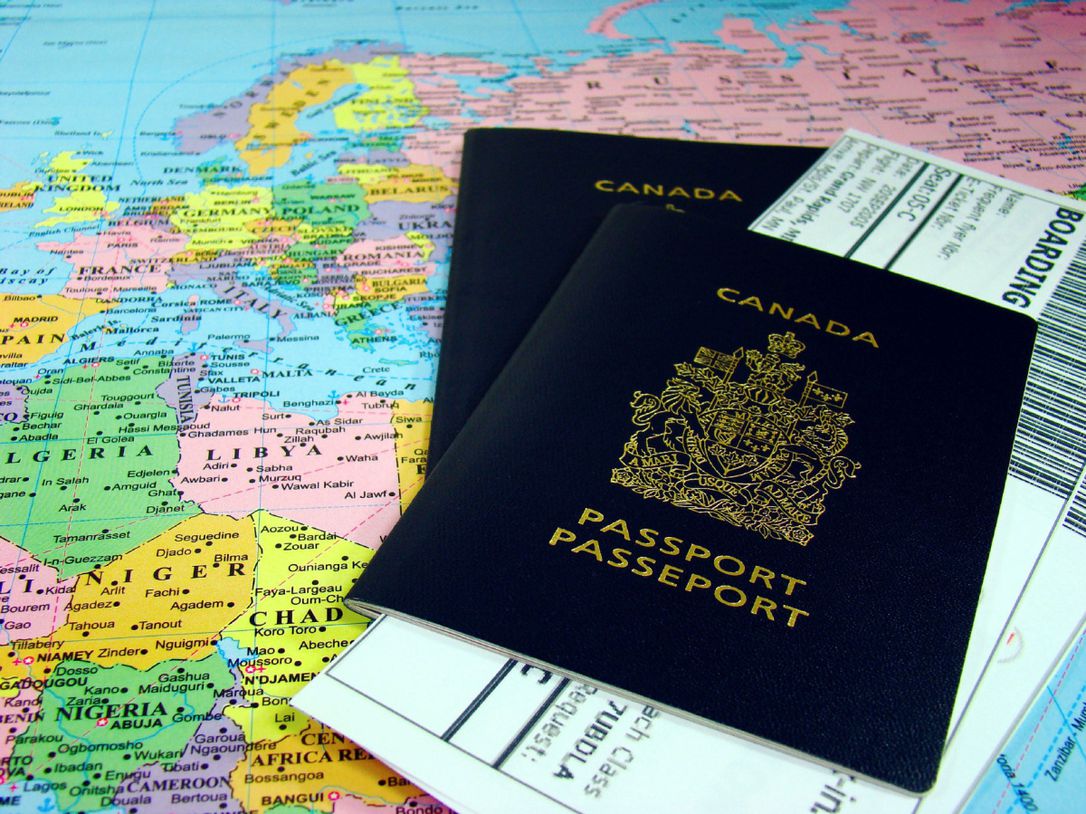CIC News
A new index reveals the Canadian passport is now an even better deal compared to the passports of other countries for those who like to travel visa-free.
In the organization’s first-quarter ranking of the passports of countries all over the world, Henley & Partners put the Canadian passport in the seventh most-coveted group on Jan. 11.
That’s a notch above where the Canadian passport was ranked in 2021.
The Henley Passport Index, which is updated quarterly, uses data from the International Air Transport Authority (IATA) to compare 199 passports for 227 travel destinations and gives a ranking for the top 111 of them that reflects the global mobility afforded by the passports of those nations.
Holders of a Canadian passport can travel visa-free to 185 countries, including 48 that only require a visa upon arrival.
Canada’s passport once again got a score of 185 in this ranking, putting it in the same ranking as the passports of Australia, the Czech Republic, Greece and Malta.
U.S. Passport Trumps Canada’s By Narrow Margin
The American passport again narrowly beat out Canada’s yet again with a score of 186, a score shared by New Zealand, Norway, Switzerland and the United Kingdom.
Singapore and Japan’s passports apparently pack the most powerful punch, placing first with scores of 192. Then come Germany and South Korea in second place with a score of 190, followed by Finland, Italy, Luxembourg, and Spain with a score of 189.
Last among the ranking of nation’s passports is Afghanistan whose passport received a score of only 26.
Canada regularly features among the countries with the world’s most powerful passports. Visa-free access is seen as a measurement of the freedom of citizens of a certain country.
When flying into Canada, holders of visa-exempt passports are required to obtain an Electronic Travel Authorization in advance of their travel. It costs $7 CAD and can be obtained online.
With almost one in 20 Canadians holding more than one passport, dual citizenship is clearly very common in Canada – but it’s perhaps not as well understood as it should be.
Although there is no certificate or official recognition of dual citizenship by the Canadian government, foreign nationals from 49 countries can also become Canadian citizens and retain their citizenship in their home countries.
Dual Citizenship Comes With Benefits and Obligations
Hanging onto one’s original citizenship can be a real asset in many cases, including travelling. When a Canadian also has citizenship in the other country to which he or she is travelling, the need to get a visitor’s visa disappears. So, too, do the fees that come with getting that visa.
A Canadian with dual citizenship can visit his or her other country without spending the weeks or months trying to get a visa.
It’s a nice perk.
One thing to note, though, is that even dual Canadian citizens need to present their Canadian passport when they board a flight to Canada. The only exception to that rule is U.S.-Canada dual citizenship.
Dual citizens also have a legal obligation to obey all laws with regards to military service, providing for the public education system, and paying taxes. Being a citizen of more than one country can also be a problem for those who want to work for the government of either country in a capacity that requires a high-level security clearance.
Subscribe to our Newsletter




